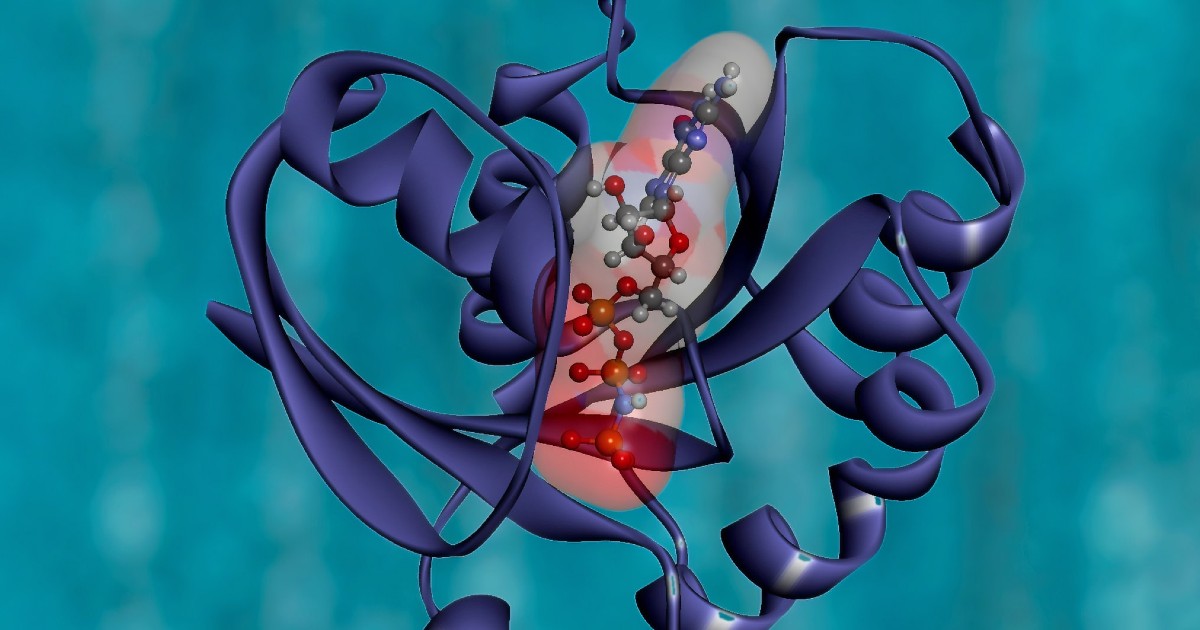✴︎ The
Hypothesis
The Online Edition of the Berkeley Scientific Journal
Features Department
-

Fluidity of Brain States: Unihemispheric Sleep and Its Ties to Consciousness
Unihemispheric sleep is a unique behavior in which half of an animal’s brain is awake while the other half is asleep.
-

Decoding Smell: The Future of Odor Mapping with AI and Molecular Chemistry
New advances in artificial intelligence, combined with growing chemical knowledge, are uncovering a more accurate way to predict smells based on molecular structure.
-

A Double-Edged Sword: The Blood-Brain Barrier
In 2024, while the BBB still poses a threat to targeted drug therapies, translational scientists have found ways to harness the unique chemistry of the brain to design medicines capable of permeating the barrier.
-

Mother Tree Hypothesis: The Power of a Mother’s Love or Wishful Personification?
The Mother Tree Hypothesis suggests that the largest, oldest trees — the Mother Trees — are the lifeblood of the forest, quietly ensuring the ecosystem’s survival through a network beneath our feet.
-

From Giants to Jellyfish: The Evolution of Sleep Across Species
By mapping the evolutionary relationships across the tree of life, we can excavate the underpinnings of sleep across all animals.
-

Sniffing Out a Cure to Malaria
Malaria is a public health concern of utmost importance, and a promising avenue for mitigating the public health threat presented by malaria may be investigating mosquito olfactory or smell.
-

Unlocking the Secrets of Protein Misfolding: AlphaFold’s Role in Cardiovascular Disease
The release of AlphaFold 1 in 2018 achieved the first significant breakthrough, but it was AlphaFold 2 in 2020 that revolutionized the field, predicting protein structures with a level of accuracy that was previously impossible.
-

Molecules in Motion: Molecular Mechanisms of Exercise’s Health Benefits
Your body is reshaping itself: its organs, tissues, and cellular pathways are transformed in response to physical exercise.
-

Generational Starvation: The Link Between Ancestral Diets and Modern Disease
Studies suggest that our bodies can fight stressors like famine across generations, even after they have long since disappeared.
-

The Heart of an Ecosystem: Pollinator Species in the Face of Climate Change
In the face of climate change, pollinator species play a key role in preventing extreme habitat or species loss; yet, the detrimental impacts of climate change might prevent them from preserving these natural ecosystems.
UC Berkeley's Premier Undergraduate Science Journal